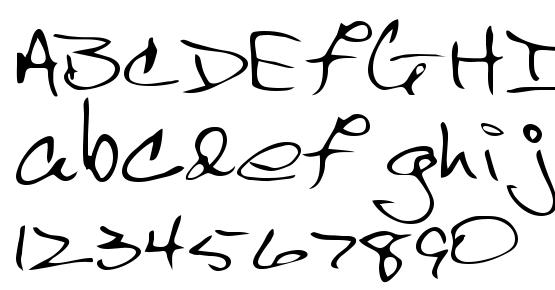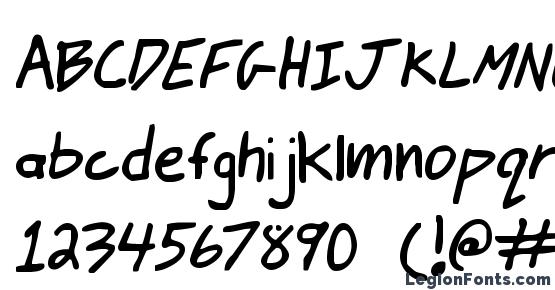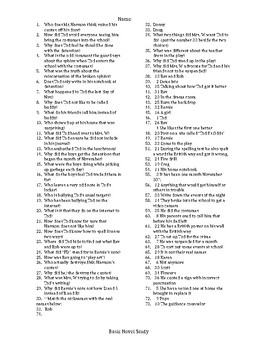

Van Patten asks, absently studying the question scrawled on his napkin. He read scrawled, blotty penmanship: Dear Tretter: This is my last warning.

I made it a rule to read everything that has been written respecting Napoleon, and I have had to decipher many of his autograph documents, though no longer so familiar with his scrawl as formerly. He had looked out at the quizzical faces, listened to the frantic scrawling of the panicking students, and realized that with a mind that ran and tripped and hurled itself down the corridors of theory in anarchic fashion, he could learn himself, in haphazard lurches, but he could not impart the understanding he so loved. To The Shadow, the mental rightening of that scrawl was not too difficult a task.ĭimly, Suttle was beginning to put it all together: the newly scrawled name on the speakerphone downstairs, the open door, the carefully recreated tableau in the bedroom, the hostage offered up and waiting, the shiny blades beside the bed, the open invitation to a spot of help-yourself revenge. She finished scrawling on the notepaper and tore the top sheet off from the soccer-patterned pada Christmas gift from one of her pupils.


I opened it, but finding it covered with an illegible scrawl I gave it him back, telling him to read it himself.Īnd winter was defeated, and the snowmelt roared down the valleys, and the Kneck scrawled its random wiggles across the flat silt of the valley. Monte Cristo two weeks later, Verne sulked in the carriage, staring at the piles of paper on which Dumas had scrawled his comments. To learn more, see the privacy policy.His amanuensis found it impossible to keep up with him, and therefore profited by a hint from one of us, and instead of writing, merely moved his pen rapidly over the paper, scrawling all sorts of ragged lines and figures to resemble writing!Īs far as the eye could reach the bushveld rolled its scrub like the scrawled foliage a child draws on a slate, with here and there a baobab swimming unsteadily in the glare. Please note that Describing Words uses third party scripts (such as Google Analytics and advertisements) which use cookies. Special thanks to the contributors of the open-source mongodb which was used in this project. As you'd expect, you can click the "Sort By Usage Frequency" button to adjectives by their usage frequency for that noun. The "uniqueness" sorting is default, and thanks to my Complicated Algorithm™, it orders them by the adjectives' uniqueness to that particular noun relative to other nouns (it's actually pretty simple). You can hover over an item for a second and the frequency score should pop up. The blueness of the results represents their relative frequency. If anyone wants to do further research into this, let me know and I can give you a lot more data (for example, there are about 25000 different entries for "woman" - too many to show here). In fact, "beautiful" is possibly the most widely used adjective for women in all of the world's literature, which is quite in line with the general unidimensional representation of women in many other media forms. On an inital quick analysis it seems that authors of fiction are at least 4x more likely to describe women (as opposed to men) with beauty-related terms (regarding their weight, features and general attractiveness). Hopefully it's more than just a novelty and some people will actually find it useful for their writing and brainstorming, but one neat little thing to try is to compare two nouns which are similar, but different in some significant way - for example, gender is interesting: " woman" versus " man" and " boy" versus " girl". The parser simply looks through each book and pulls out the various descriptions of nouns. Project Gutenberg was the initial corpus, but the parser got greedier and greedier and I ended up feeding it somewhere around 100 gigabytes of text files - mostly fiction, including many contemporary works. Eventually I realised that there's a much better way of doing this: parse books! While playing around with word vectors and the " HasProperty" API of conceptnet, I had a bit of fun trying to get the adjectives which commonly describe a word. The idea for the Describing Words engine came when I was building the engine for Related Words (it's like a thesaurus, but gives you a much broader set of related words, rather than just synonyms).


 0 kommentar(er)
0 kommentar(er)
